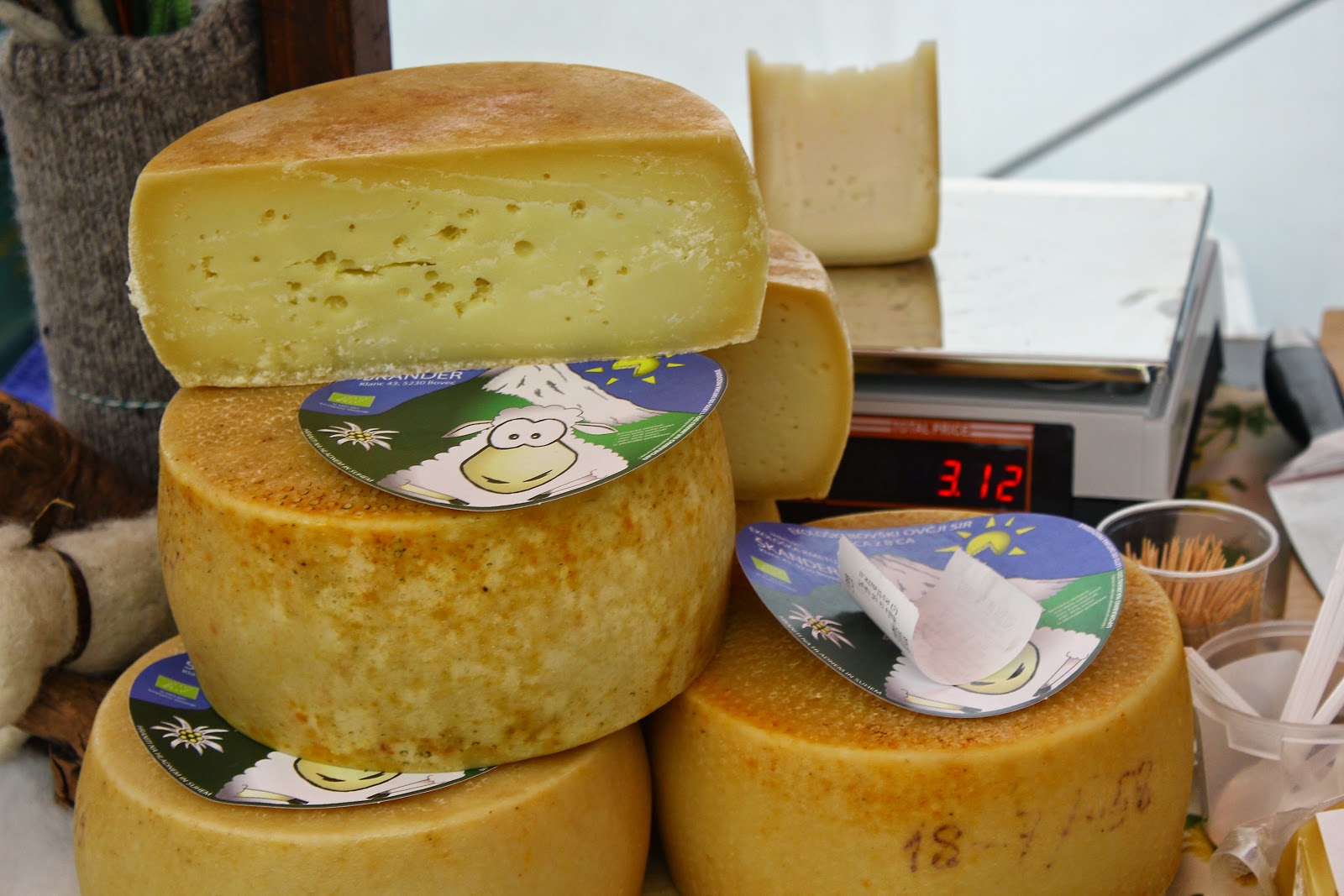There is a song written by John Mann of Spirit of the West. I think the original version of his song was inspired by Piran, but he changed the title to use 'Venice' instead as it had a better ring to it. Piran is a Venetian Gothic style town and at times you might think you were actually in Venice if you just listened to one of the Italian conversations in one of the many narrow alleyways.
Piran's bragging rights are that it is the birthplace of Baroque violinist and composer Giuseppe Tartini (1692-1770) so there is a main statue of him looking over the square, which incidentally, has seen its fair share of flooding.
After I got settled in, I wandered around the town and appreciated the familiarity of being back in a coastal town.
Part of the coast has a sea wall of sorts so you can ride a fair bit of Slovenias 46 km of coastline as it meanders from Italy to Croatia. I had two days to enjoy the beaches, coastal life and associated food before heading to my cousin Mitja's so it was a very mellow pace and felt strangely similar to Kitsilano at times.
I headed up the hill to my cousin's place for the weekend and spent time becoming absorbed in their lifestyle. They have a farm that produces olives, grapes, vegetables and have chickens and pigs. The summer was one of the rainiest on record and people I spoke with dont remember a rainier summer. Its affected everything from salt production to ripening grapes and olives so there is an added amount of concern about this years harvest.
We spent alot of time eating. The dinner table is as much a gathering place as it is an appreciation for food in Slovenia. Every meal or glass of wine was for the most part produced from the farm. I've never been privy to the 100 metre diet.
 |
| Premium imported flour. |
 |
| Like mini nutty apples |
 |
| Man repairing the petola surface |
 |
| Petola beds with sea water |
 |
| Track for moving salt |
 |
| Normally full of salt from me to Mitja this time of year |
We made our way back along the coast up to Koper using some of the road and also some of the Parenzana railway line. It used to be operational from 1902 until 1935 and connected Trieste, Italy with Porec, Croatia. It used to transport fish, salt, food and then military but in 1935 as an act of attempting to get Slovenians to move out of the area, Italy ordered that it no longer be used. Its now a recreational trail that has been in use since its centenerary.
The evening ritual is to go for a walk so each night we would meander along the roads and fields harvesting the last sunshine from the setting sun. When it rains as much as it does in Vancouver, I dont think you can grow weary of yet 'another Adriatic sunset'.
The Slovenian coast line is beautiful. I would never have associated Slovenia and beaches but the Adriatic sea at this time of year is a 'chilly' 20 degrees celsius and the beaches, for the most part, are quiet and empty.
The time I spent with Mitja on the farm was eye opening for how much work goes into maintaining a farm and making sure that there will be food for the rest of the year. They will be harvesting olives in two weeks time which means at the end of their regular workday they'll be working into the evening and their weekends will be booked up with producing the oil from the olives. To say that there is a lot of hard work at the farm is an understatement. As one of the family members told me after I said I hoped I wasnt interfering with any work, 'When family or guest of family visit is good; it means no work for time you are here'. 





















No comments:
Post a Comment